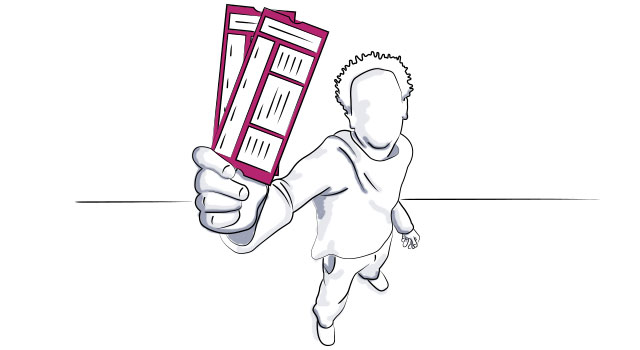
15 Tactics to Sell More Event Tickets Today
Ultimately it’s up to you to make your event a success. And that includes driving event ticket sales.
Exactly 40% of salespeople (including marketers selling event tickets) think finding new prospects is the most difficult part of their job. And another 36% of those surveyed said that actually making the sale is even harder. Luckily for you, modern event ticket sales strategies have a lot to teach marketers about how to improve in both of these critical areas.
In this post:
- When to start selling tickets online
- How to increase event ticket sales
- How to increase conversions on your event ticket sale website
- 5 Best Online Ticket Sales Tools
When to start selling tickets online

You should begin event ticket sales ASAP. More independent than ever, today’s consumers have become savvy shoppers, seeking out information about a product or event as soon as it becomes available. In fact, 19% of buyers want to connect with an event brand right when they first learn about it. And once they’ve done their own research, checked in with their network, and reviewed your online presence, in a few short hours they’re ready to make their purchase pretty much immediately.
Which means you have to have your ticketing up and ready to go when you first announce your event. Even if you’re not done planning the rest of it. Because as soon as your prospects get wind of it, more than one third of them will be ready to purchase on the spot or, at the very least, won’t require much time to make their decision and would prefer to buy tickets as soon as they decide to.
So if your event is annual, start selling tickets for next year’s iteration the same day this year’s event ends. Or if it’s the first time this event will take place, make sure your ticketing software is up and running before you send out your very first press release. Your prospects will thank you for it.
How to increase event ticket sales
1. Sell tickets on mobile.
Last year alone, an estimated 1.8 billion people made purchases online. And as of the first quarter of 2019, smartphones were ranked #1 as the device most used for digital shopping globally. In fact, the popularity of mobile for making purchases both large and small has been named as one of the most prominent commerce trends you can use to boost your sales this coming year and beyond.
So in addition to having a regular ticketing site, make sure you have an event ticket sales presence on mobile through an app or a mobile-friendly website. A mobile sales platform that makes it super easy for potential attendees to register for your event on their mobile devices. Which is why having the right tech stack in place ahead of time can be really helpful.
But if you’re just getting started, make sure your ticketing software can accurately register sales made through all of your available channels in real time. That way you’ll prevent unnecessary snags (like selling out on mobile but not on desktop) and ultimately keep your brand looking polished the whole way through the sales process.
2. Create scarcity.
Inc.com says scarcity is one of the most important tactics you can use to fuel sales. As long as you’re truthful about your claims (like only having 10 VIP tickets left) and use it sparingly, scarcity marketing can boost sales by as much as 226%. The two main categories of scarcity for online ticket sales methods include:
- Quantity. Whether it’s a limited number of seats, VIP packages, or add-on experiences, keeping availability low will persuade those who are on the fence to buy now instead of waiting. Examples of quantity scarcity for event ticket sales include limited early bird tickets for conferences and first row seating at live shows. To drive this point home with site visitors, add tickers that display how many tickets are left in real time. You can also flip it and show how many tickets have already been purchased if you want to enact a little FOMO (a tactic that is especially effective with roughly 60% of Millennials).
- Time. If your event ticket website visitors have all the time in the world to make up their minds, they’re less likely to convert. Simply by adding a countdown clock to their product page, one online retail company was able to increase their sales by 9%. Display timers or clearly state the sales end time/date on your website to influence prospects.
3. Start a referral program.
If your ticket sales are lackluster, it might mean you’re like the majority of salespeople who aren’t getting in front of enough prospects. In fact, 66.7% of respondents in a recent survey said they had only 250 or less leads this past year.
And while there is no hard and fast rule regarding how many leads it takes on average to make a sale, it is a numbers game. Which is one of the many reasons why referral programs are so great for event ticket sales.
In fact, 92% of survey respondents trusted customer referrals if they were given by people they personally know. And people who received these personal referrals were 4 times more likely to buy after getting the recommendation than if they had organically discovered it elsewhere.
So not only do event ticket sale referral programs get you in front of more prospects, those prospects will also be more likely to convert! You can even give your event speakers or special guests their own referral codes while you’re at it.
4. Use email drip campaigns.
Companies who use email drip campaigns see an increase in sales by 20%, on average. Nurturing leads through a series of automated and well timed messages is a great long term strategy because prospects who have interacted with your brand over a consistent period of time are 47% more likely to make larger purchases.
So if you’re hosting an industry wide conference or a seminar with lots of bells and whistles, using email drip campaigns is a great way to sell out faster and more efficiently. Use contacts like attendees from past events, prospects sourced by your sales department, and industry micro influencers to build your event ticket sales email list.
5. Share on social media seven simple ways
Like us on Facebook! Follow us on Twitter! Check out our Instagram feed! How often have you seen or heard these exclamatory calls to action (CTAs) in the last couple years? Probably enough to the point where you’ve tuned it out. Setting up a Facebook page and blanket sharing your blog updates is a pointless endeavor if you don’t have an audience. Reposting a tweet to your Instagram profile won’t transfer over well (it’s a visual platform you guys!), and frankly, it’s just plain lazy.
The point is that to win at social media, you have to put in the effort to understand each network’s quirks, and implement a well thought-out strategy to succeed.
For marketing an event, leveraging the power of social media can push your ticket sales to the next level. Events are inherently social, so it only makes sense to dedicate resources into the different channels that have sprouted up in recent years. So here are our best social media tactics to use for marketing your event.
Just like you want to capitalize on cross-promotional opportunities with your sponsors, you must also attempt to access the connections of your speakers or event entertainment. While they are likely to post about your upcoming event on their own, make it easier for them.
You can do this by designing personalized event imagery that they can post to social media. Since you have already created your own event imagery, you may be able to edit it in a manner that features your speaker or entertainer. They will be flattered by the gesture and will be sure to post it to their social sites”automatically increasing awareness of your upcoming event.
You can also create PPC ads on social media to generate new eyes on your social posts about your event.
Posting PPC ads on social is not only cost-effective but also allows you to employ targeted and retargeting methods. This will be far more effective in driving ticket sales. Because the key to success with PPC is to create an enticing headline that makes potential ticket buyers want to learn more. And if they click on your ad and aren’t interested, they still might like, share, or comment on it.
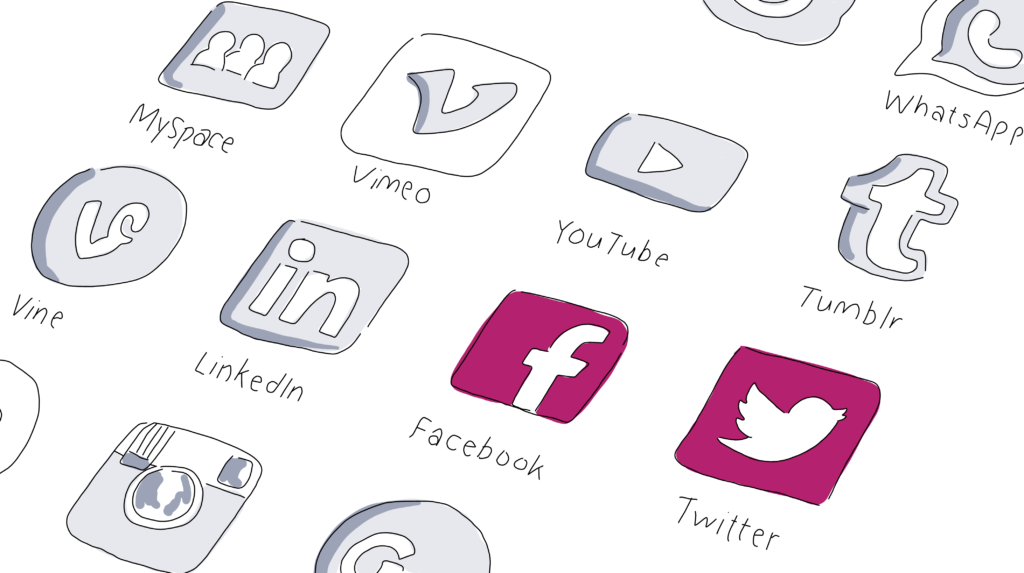
1. Re-share attendees’ photos on Instagram
Every interaction attendees have with your event’s brand is a golden opportunity.
Re-sharing photos is a great way to capitalize on this. Instagram doesn’t have as much built-in sharing capabilities as other social networks. What it does offer is photo mentioning. Instagrammers can mention their friends in a photo’s comments by typing in their username. The friend will get a notification letting them know of the mention.
By re-sharing attendee photos in your feed, you can unlock some brand exposure through mentioning. People get pumped when a brand mentions them directly. They’ll want to tell their friends about it, and what easier way than by mentioning them in the comments?
2. Create and run contests
A nice segue from tip #1 is holding contests to promote sharing across your social media channels like Instagram.
For this to work, you must make it insanely easy to complete the steps to enter the contest. If your event site is using WordPress, KingSumo’s Giveaways plugin makes this simple to do. Also, ensure that your giveaway is relevant to your audience.
Pro-tip: Free tickets are a great giveaway. You can make the assumption that anyone who enters the contest is interested in attending your event.
3. Incentivize social sharing through promos
Next up on the list, you want to create a strategy to get your event-related posts out there. Aside from paid sponsored posts, you must identify a few local, industry, or niche influencers, whom you can incentivize to share your posts on their social platforms.
You must be strategic about whom you pick, by selecting influencers with a strong audience base in one of your key demographics. Keep in mind, this could even be one of your secondary audience bases because your influencers don’t have to be famous. But, they do need to be a YouTube or social media star of whom every post they make is shared, liked, and commented on.
You can also incentivize your organic attendees to generate even more natural buzz. It is in their best interest to get their friends to buy tickets to your event – events are always more fun when you know someone that’s going.
To encourage social sharing, offer small discounts on ticket prices when attendees share to their networks. You can arm them with a promo code to accomplish this.
4. Spend a little budget to increase engagement on Twitter
If you don’t have a massive following on Twitter, utilizing their advertising tools can jumpstart your efforts.
Twitter’s advertising platform offers event marketers many options to choose from. For increasing engagement, I suggest utilizing their Tweet Engagements campaign. This campaign makes it super easy for your target audience to share, retweet, and favorite your ad creatives.
Pro-tip: Check out this blog post for a deeper dive into using Twitter to promote your event.
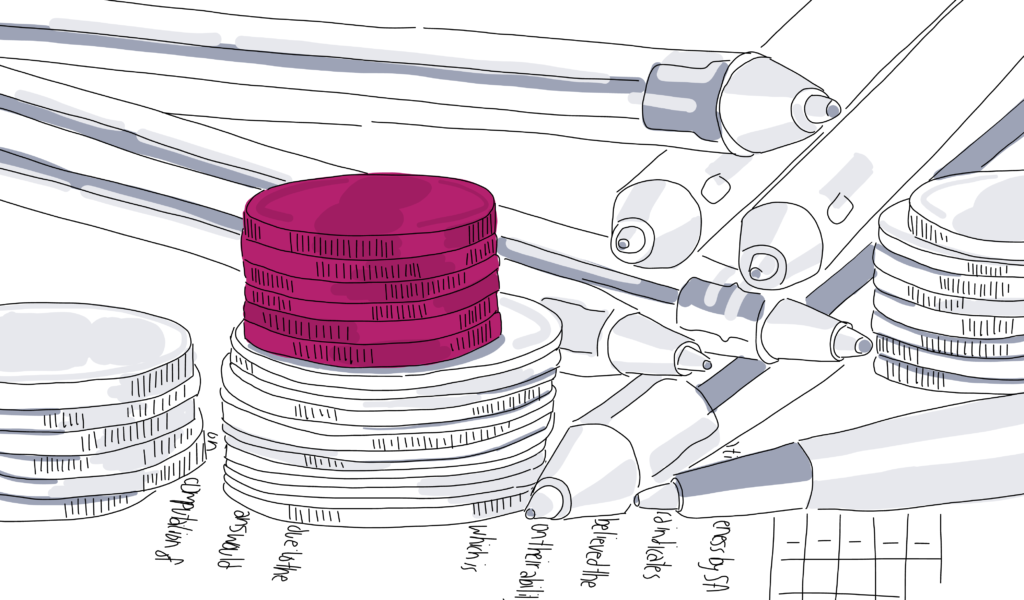
5. Leverage your speakers’ audience
This is an easy one. Get in touch with your speakers pre-event, and get them to promote their session through their own social channels. If someone is doing speaking engagements, they likely have a large network to cross-promote into.
You can also tag the speaker in your own social media posts to encourage them to reshare. Additionally, giving them referral codes to use when promoting will allow you to track the ticket sales they’re generating for you.
A few cross-promotional ideas for events include:
- Writing or posting a guest article or blog on each other’s sites.
- Posting about each other or social media.
- Creating cross-promotional signage at the venue.
- Creating cross-sale promotions.
- Highlighting one another in our upcoming email newsletter.
- Sending out a cross-promotional and/or event announcement to both of your email lists.
6. Share event content in Linkedin Groups
This only works for certain niche events, but worth exploring nonetheless. Let’s say you’re running a marketing conference geared towards lead generation…
…browsing through Linkedin Groups, you’ll find marketing groups with some specific to lead generation. Depending on how large your conference is, these members could fit into your target audience. LinkedIn can be a highly effective platform to promote niche events.
Join the groups, contribute quality content, and post about your event when the timing is right.
7. Consider sharing event details on your city’s subreddit
A misconception with marketing on Reddit is that the community eviscerates anything you submit. WRONG! The smart event marketer can traverse the Reddit waters by actually contributing meaningful content for a relevant subreddit.
A subreddit is a sub-community focused on a specific topic. If you live in a large enough city, there’s a good chance it’ll have a dedicated subreddit. Many of these have event calendars or weekly posts of stuff to do. Take advantage of this by contacting the subreddit’s moderator to see if your event can get added. You can also submit a link about your event to a subreddit.
[Tweet “Pro-tip: Make sure the submission is relevant and isn’t a blatant sales pitch. “]
How to increase conversions on your event ticket sale website

1. Feature video content.
You only have about 8 seconds to grab someone’s attention. Which is why interactive features, like videos, are so effective when added to an event ticket landing page. The Kelsey Group’s research also shows that 21% of landing page visitors who have the option to view a 60 second video were practically guaranteed to make a purchase. Whether it’s a highlights reel from last year, interviews from brand reps, or a detailed explanation of ticketing packages, featuring video content on your landing page could increase sales anywhere from 20% to 86%.
2. Showcase great speakers.
One of the best ways to increase attendance at your event is to schedule fantastic industry speakers. And after you do, event planning expert and owner of Sensov event marketing, Rachel Stephan, recommends creating content about your speakers and their topics to help boost ticket sales. It works because showcasing great speakers is a way to add credibility to your event brand.
In fact, your event speakers are one of the biggest marketing trust factors a B2B audience will look for when considering whether or not to attend your event. So it pays to show them off! A real world example of this phenomenon comes to us from a marketing brand who used a series of talking head videos featuring related subject matter experts on their campaigns. The results include:
- 42% of all website users watched their 7-9 minute videos completely through.
- A 200% increase in sales conversions.
- A library of content that they were able to use across all their social media channels afterwards.
The results speak for themselves. If you have awesome speakers, go ahead and use them to promote your event and boost online ticket sales.
3. Share testimonials from last year’s event.
It turns out that 90% of people believe that reading positive testimonials online will influence their buying decision. This stat includes third party review sites as well. So you can imagine the impact it would have on your event ticket sales landing page, of which you have complete creative control! Even big brands like ChowNow have found that adding customer testimonials to their landing pages have increased sales by 20-25%, so there’s no reason why it wouldn’t boost your event ticket sales as well.
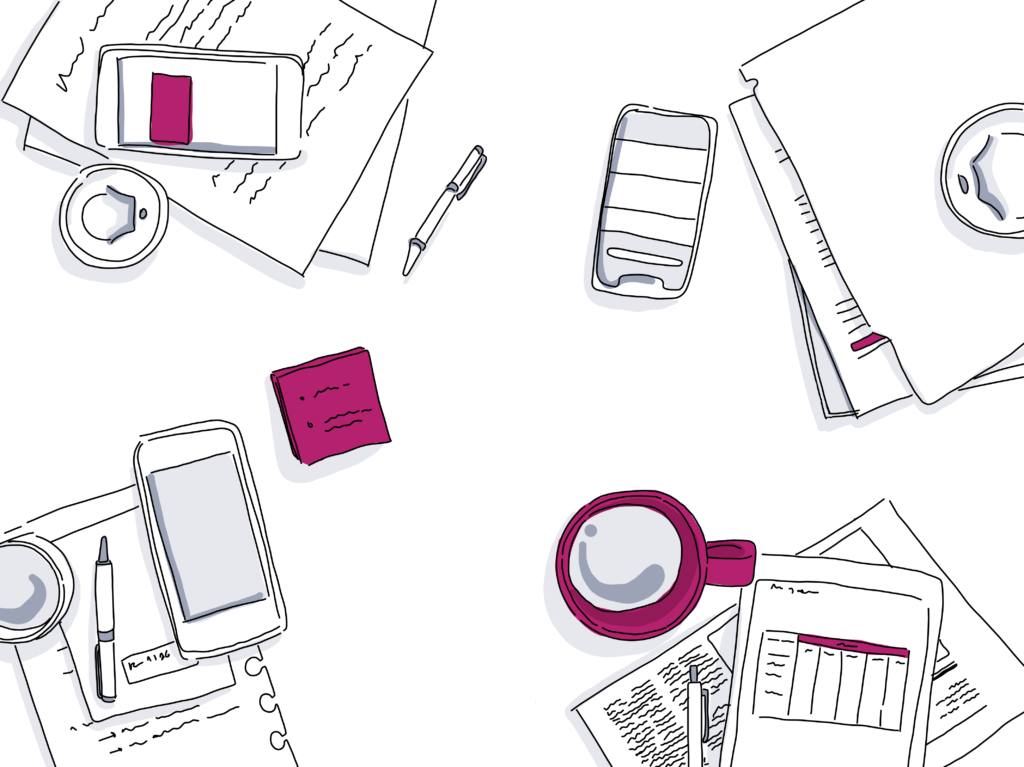
5 Best Online Ticket Sales Tools
In the U.S. these past five years, online ticket sales have steadily grown by 8.3% with the help of better sales strategies and more advanced software.
To sell tickets online, you’ll need a great website, a ticketing platform (if your website doesn’t include one), and other digital sales related programs. Depending on what you choose, you should consider adopting one or more of these online ticket sales tools.
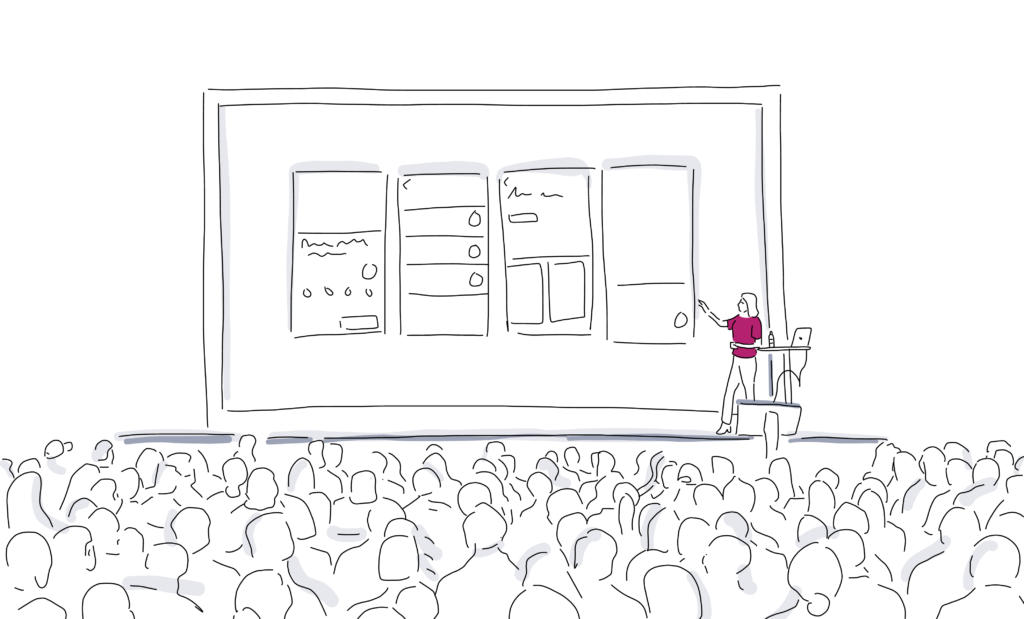
Now you’re ready to drive online ticket sales for events!
There are lots of ways to attract and convert prospective attendees. Armed with these tips and tricks, you’re ready to increase ticketing website conversions, boost event discoverability, and influence your way to full capacity. Here are the key ideas to keep in mind:
- Take advantage of many powerful online ticket sales tools available today.
- Increase ticket sales through consumer trends, limit ticket quantity or purchase time frame, and make use of referrals.
- Boost ticket sales conversions through videos, featured speakers, and testimonials.
Just remember that your ticket sales tools and strategies should always be regularly monitored and reevaluated to find the perfect, most effective mix of tactics for your audience.
Ready to sell even more event tickets online? Keep reading:
- Promotional Ideas for Events: 4 Ways to Ignite Ticket Sale
- 7 Event Ticket Software Apps to Seriously Speed Up Registration
While this post is about tactics, it’s important to note that having a strategy in place fuels any social media experiments you test out. Set goals, define your target audience, and hustle your way to a sold out event.
Download the guide below, which highlights 30 ways you can leverage every social network to promote your events.

Looking for some quick answers about how to sell event tickets?
Use the best tech to make the process as easy as possible. Create urgency with early-bird pricing, limited time deals, and marketing copy. Give deals to large groups. Invest in marketing your event to get the word out.
Do research on pricing for similar events in your area. Do some math to figure out how many attendees you’d need at a few different price points in order to cover costs or turn a profit, and use that information to guide your pricing.

